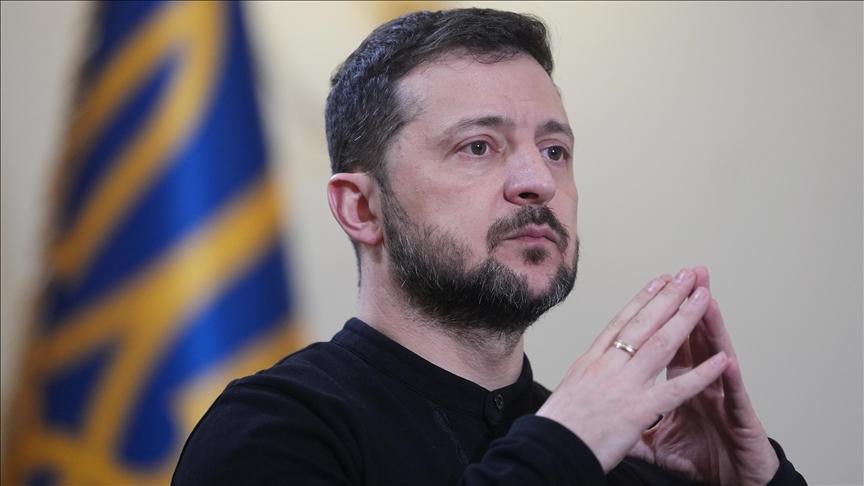EU-Turkey, the moral value of a signature
Recent EU-Turkey agreements, i.e., the readmission deal and the visa deal, have reinforced a new start in the stalled bilateral relations initiated by the 2013 Progress Report, Oct. 16th.
Re-admission would solve a problem for Europe. Turkey is not only seen (positively) as a bridge between Western and Eastern civilizations, but also as a bridge (this time negatively) for Asian illegal migrants bound for European countries. The commitment of Turkey to take these migrants back to her territory and repatriate them will surely improve the image of Turkey in Europe. From implementing the Re-admission Agreement, in the eyes of the European public opinion, there is the perception of a country facing up to its responsibilities concerning illegal immigrants entering and crossing its territory, and then passing through its borders. At the same time, the Re-admission Agreement will be an opportunity for Turkey to strengthen border security, sharing its cost with the EU. Re-admission will trigger better control of illegal migration flows and hinder criminal activities of the gangs speculating on the desperation of people to seek for a better life. There is an ethical dimension in the re-admission agreements that have to be emphasized.
The visa exemption deal is likely to improve the mood of the Turkish people towards Europe, but also vice versa. The simplicity, or conversely the complicatedness, of border passing procedures is a tangible and visible indicator of the degree of integration between two countries. Turkish people visit Europe for many reasons, personal, study, business and tourism. When visa-exempt circulation through the EU countries is a reality, Turkey’s reception of the European attitude towards its people will be significantly improved.
The absence of a perceived border makes people feel closer.
At the same time, the increased flow of Turkish citizens, in a Europe where the appetite for growth is huge, will surely be welcome, be they tourists, students or businessman. Things being this way, the progress of Turkey towards the EU would now seem to be downhill. However, “buts” are lurking, waiting behind the corner.
When re-launching the negotiation process, commissioner Füle gave the idea of opening Chapters 23 and 24, concerning democracy, justice, respect of human rights and freedom. This was due to their strong transformation capacity. Presently, these two chapters are the concrete enforcement of European values stated in the Treaties and in the EU Charter of Fundamental Rights. Recently, several facts have cast doubts on whether Turkey is really converging towards EU standards concerning its core values. The evidence indicates divergence more than convergence. There is no need to go back to the Gezi Park issue. Co-ed student housing, prep-school and renovated pressure on press freedom could lead the Government and Parliament to take measures surely not in line with EU principles. Article 7 of the Charter states: “Everyone has the right to respect for his or her private and family life, home and communications,” in Article 11 we read: “The freedom and pluralism of the media shall be respected.” Finally, according to Article 16, “The freedom to conduct a business in accordance with Community law and national laws and practices is recognized.” The Charter is legally binding for Member States as it is part of the so called acquis communautaire, which constitutes the body of EU law. Negotiations imply Turkish legislation also aligns itself to the principles of the EU Charter. The conflict between the Charter and these issues is evident. Unless there is a positive resolution, Chapters 23 and 24 will not be opened.
To conclude with the Charter and its significance for Turkey, many will remember that on Oct. 29th 2004, in Rome, Prime Minister Erdogan, with the other leaders of EU Member and Candidate States, signed the European Constitution, embedding the Charter. That signature has a moral value.
Readmission and visa exemption deals are important steps forward, but respect for freedom is the vital element of the accession process.
*Angelo Santagostino, Jean Monnet Chair at Yildirim Beyazit University, Ankara.











